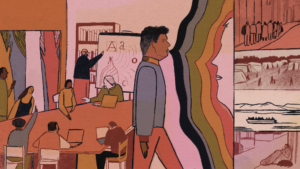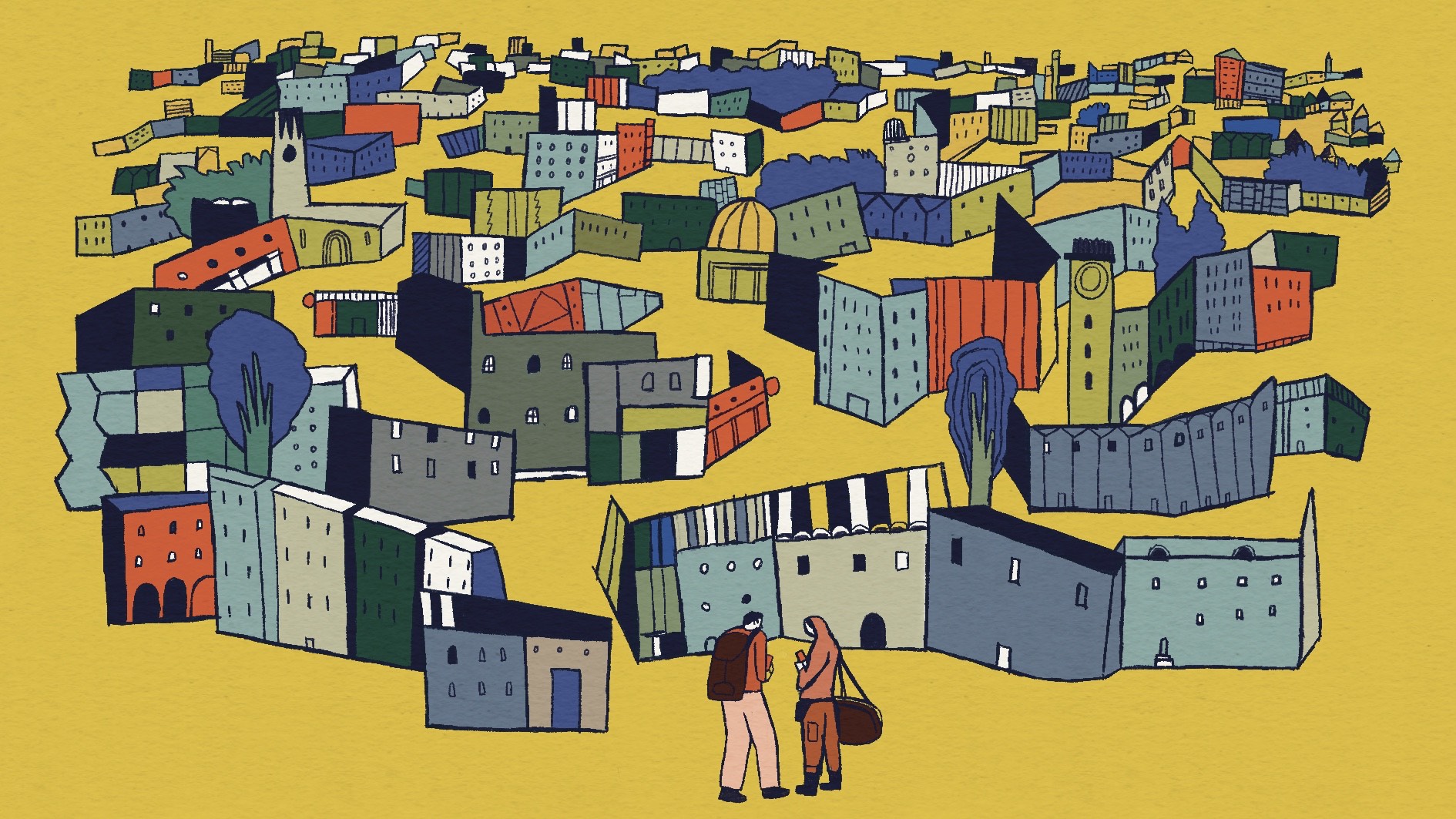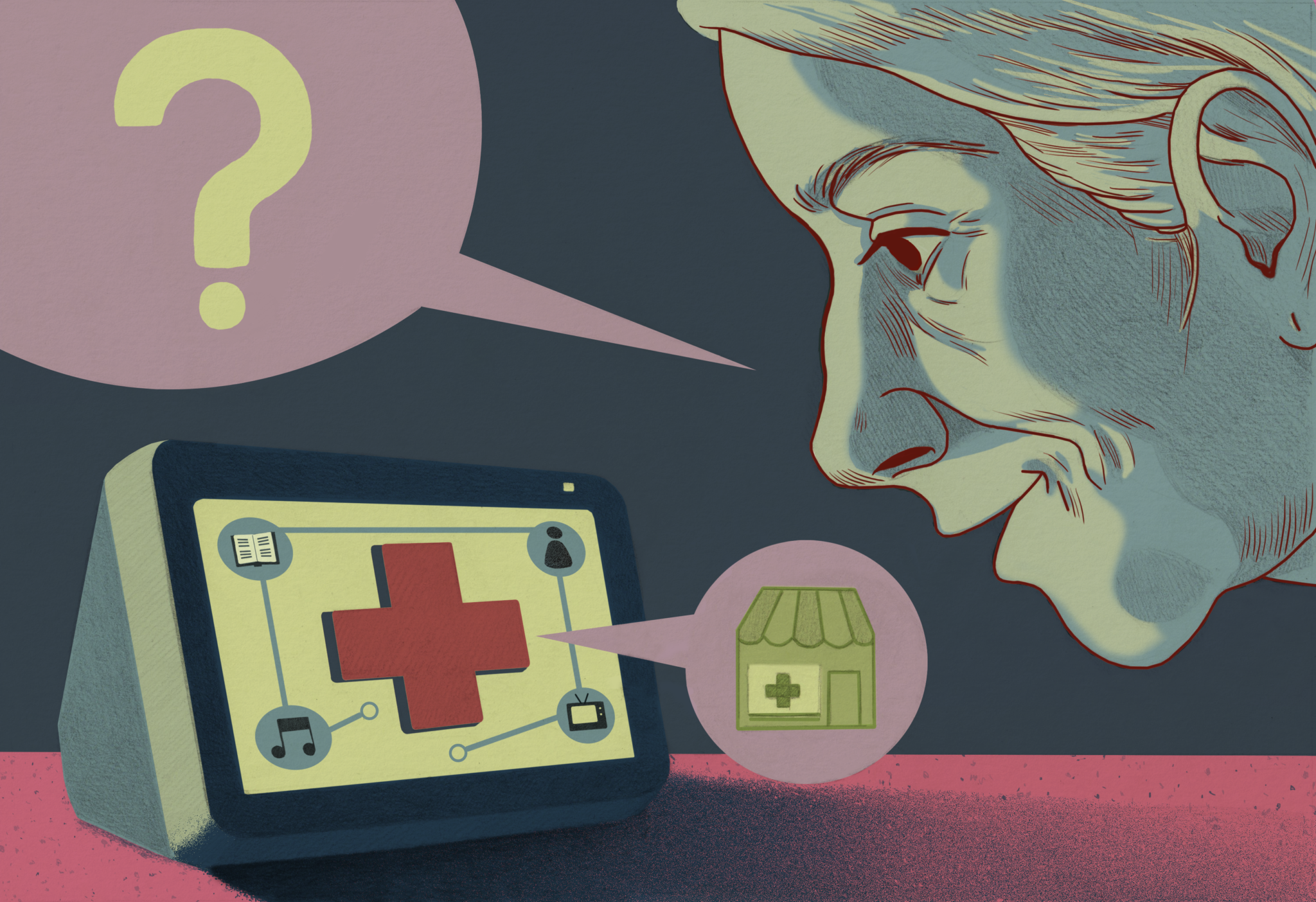
Alice Piaggio
Description
Giving cash to people affected by crises is an effective and transparent way of providing humanitarian assistance. It ensures people have the freedom, dignity and independence to cover their needs. The Netherlands Red Cross’ data and digital team, 510, has developed the 121 Platform to simplify and secure the cash assistance process. 121 is currently deployed in the Democratic Republic of Congo, Ethiopia, Kenya, the Netherlands, South Africa and Zambia, with more implementations in progress globally.
Context
The delivery of cash assistance often comes with challenges, such as time-consuming registrations and payments processes, duplications among people registered, and pressure from donors to scale up programmes quickly. The 121 Platform was created to address these challenges by leveraging digital technology to make cash distribution easier, safer and faster.
EASY – Data management and tracking progress
121’s user-friendly interface allows users with basic experience in cash assistance to navigate the system without prior expertise in information management. It provides real-time updates, and a complete overview without the confusion of multiple documents. 121 also integrates seamlessly with trusted local Financial Service Providers and widely used tools like KoboToolbox. This compatibility with recognizable tools and entities builds user confidence and speeds up adoption.
SAFE – Data protection and security at its core
Data entry and updates are secure and transparent. Any change to an affected person’s profile is tracked in the system and requires justification. Those changes are then reflected in the platform to ensure a detailed overview for users. This traceability ensures accountability, integrity of the platform, trust among users, transparency and discourages fraudulent or unauthorised changes.
FAST – Rapid deployment and scaling
121 significantly reduces the time needed to launch a cash programme, register participants, and process payments. After just two days of training, users can operate with 121 to assist their communities. Through its integration with KoboToolbox, 121 can slash the time to complete registration and payment from several weeks to just a few days enabling much faster support to affected households.
Technical details & Operations
The data flow of a common cash assistance programme proceeds in seven steps, all of which can be fully or partially conducted using the 121 Platform, with minimal additional tools required. The process begins with programme set-up (1) where decisions are made regarding size, duration, transfer values per household, and other metrics. KoboToolbox is used to register people affected via digital forms (2). Thanks to KoboToolBox’s integration with 121, the information from the forms is instantly accessible in the platform, eliminating the need to fill data into the cash tool manually. Once the data are available, 121 can be used to deduplicate information (3), select eligible people (4), validate them (5), facilitate distribution (6) and transfer the cash safely & efficiently (7) to selected recipients. Throughout the entire cash assistance programme lifecycle, a comprehensive suite of digital tools – 121, Kobo, Excel and Power BI – are used to monitor payments and visualise data showcasing the programme’s progress overall.
Once a 121 instance is prepared for registration and payments, it is shared with cash or programme managers at the National Red Cross or Red Crescent Society in charge of regional disaster response. Key programme information is then forwarded to local branch staff and volunteers of National Society, who collect the data through a Kobo form. Completed forms are submitted through 121, where duplicates are automatically flagged and returned to field teams for correction. After deduplication, the National Society confirms eligible participants to include and payments are processed.
Deployment & Impact
The 121 Platform was developed with input from a vast humanitarian network to accommodate all levels of digital capacity and connectivity. This way, the platform promotes local ownership and enables context-specific assistance. To date, 121 has been adopted by National Societies and humanitarian organizations globally to enhance their cash assistance programmes in a variety of contexts. Most recently, the International Federation of Red Cross and Red Crescent Societies (IFRC) adopted the versatile platform to support the network’s commitment to delivering 50% of humanitarian aid in the form of cash.
In South Africa, 121 has paved the way towards at-scale cash assistance, enabling the South African Red Cross Society to reach 700 households following severe storm surges.
“If you make a mistake on the 121 Platform, it picks it up immediately and allows you to correct it while you are still collecting the data. This way, it’s easier and quicker to track mistakes. Within a day, we are able to correct all the duplicates.”
– Khutso Sadiki, PMER Officer and CEA Focal Point at the South African Red Cross Society
In Kenya, 121 has enabled the Kenya Red Cross Society to deliver cash assistance to over 8,000 households by integrating with various tools and Financial Service Providers, streamlining data handling and payment processes during a time of severe drought and growing food insecurity in the affected region.
“The integration of 121 with a local mobile money vendor was a game-changer. Now, with just a click, payments can be made directly through the platform.”
– Kelvin Njenga, ICT Officer – Digital Transformation at the Kenya Red Cross Society
In Ethiopia, 121 supported cash assistance to 600 households, reducing the time required for registration and payments from several weeks to just minutes enabling faster aid delivery to vulnerable individuals affected by conflict, displacement and food insecurity.
“Previously, it took up to one week to process a payment. A beneficiary list and cover letter needed to be prepared and signed by two people, then submitted to and authorized by the bank. With 121, making a payment can be done within minutes!”
– Berhanu W/yohannes, Finance and Grants Coordinator at EKHCDC
In the Netherlands, 121 has facilitated the distribution of grocery cards to families, enabling them to purchase nutritious food for their children. This programme supports over 42,000 students across 665 schools in the Netherlands.
“By enhancing user experience and accessibility, this unique combination and interaction of systems yields the potential to be a cornerstone in the successful execution of similar programmes in the future.” –
– Daniel Steinmann, Programme Manager at the Netherlands Red Cross.
These implementations demonstrate the significant social impact of the 121 platform in improving the efficiency, security, and speed of cash assistance programmes across various contexts. By simplifying processes, 121 empowers humanitarian actors to provide timely and context-specific cash assistance, ensuring swift funds for vulnerable communities, and supporting them to maintain an active role in their recovery from disasters.





